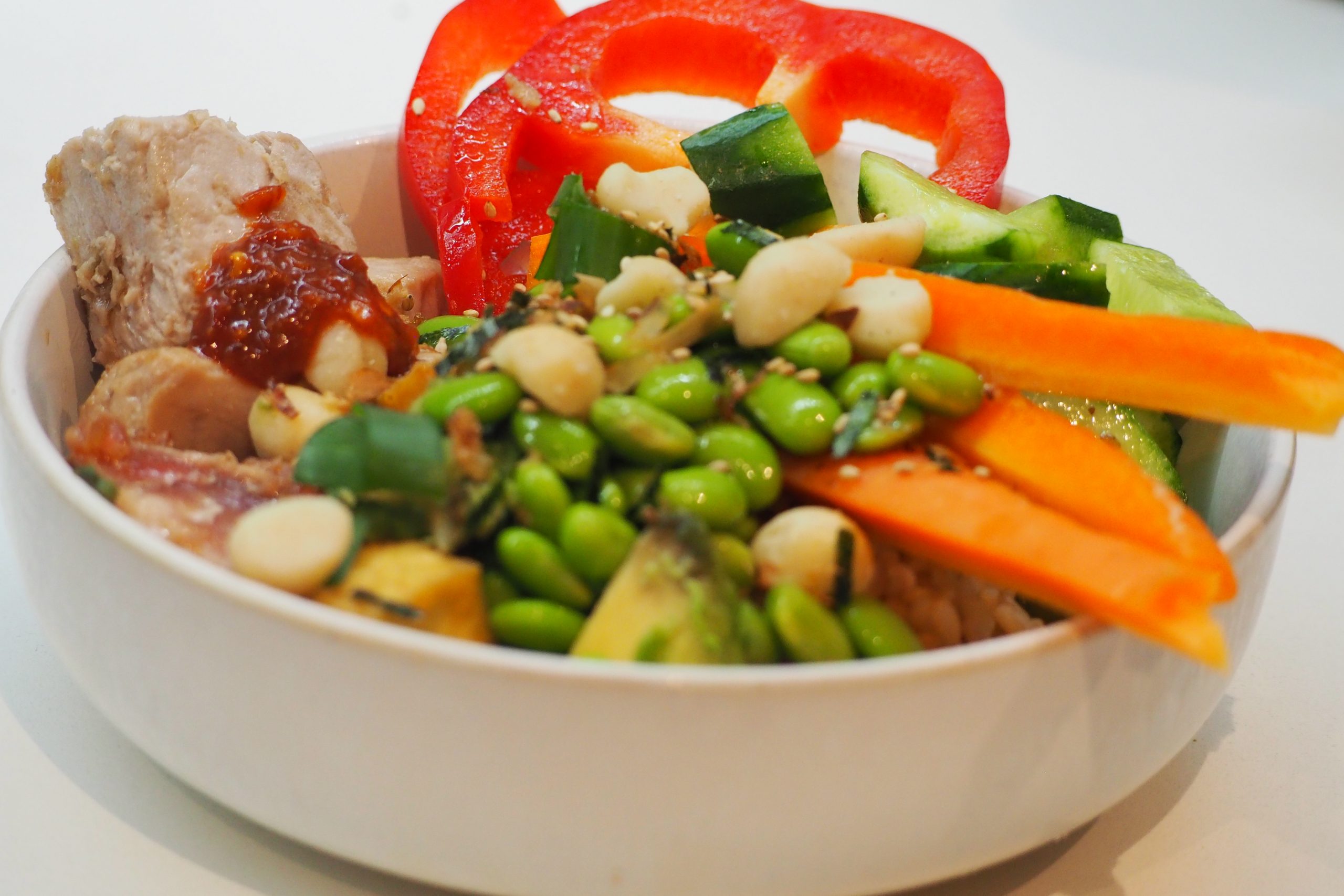While cancer is an illness that is often associated with difficulties eating, it is important to know that there are some types of cancers, mostly the hormonal types, which are associated with weight and body fat gains.
Although it is important to nourish your body and to eat in the best way you can during treatment, many people are surprised to discover that they are ravenous a lot of the time and crave more of the sugary type foods. The associated weight gain can vary from around 1-2kg up to 10-20kg in extreme cases.
There are many reasons why certain individuals are prone to weight gain, apart from the types of cancer they have. Certain treatments including hormone therapy, earlier onset menopause, certain types of chemotherapy, and medicines such as steroids (sometimes used for treatment as well as for anti-sickness) can cause weight gain. Some treatments can also cause your body to retain water, which makes you feel puffy and gain weight.
Although there are many contributing factors to the potential for weight gain, the two basic prongs in the equation are that:
- Because of an increase in appetite and, sometimes, changes in food preferences toward more sugary, high-fat foods, people tend to feel hungry and eat more of these higher calorie foods. The general rule still holds good, that you gain weight when you eat more calories than your body needs.
- The second prong is that because of fatigue and feelings of lethargy there are often changes in activity levels. This means you may not bet burning as many calories as before, and the lower levels of exercise mean that you tend to put on more fat weight and to loose muscle. This explains some of the changes in body shape and composition that also may occur.
Weight gain, changes in body shape, feeling fatigued and for some hair loss can be difficult pills to swallow. What has to be the focus to keep you afloat is that the treatments will improve your chances of survival, and the odds are now so much better than years gone by. Doing what you can to eat well, managing the excessive sugar cravings and committing to trying to be as active as you can be helpful strategies that not only help keep you well, but can distract and pull you through the difficult times.
A walk in the park, on the beach, or even around a lovely farmer’s type market get you out of the house and more often than not you feel so much better for making the effort.
In addition to helping guide on eating to manage a healthy weight, I work with cancer specialist exercise physiologists who can advise on suitable and safe exercise and activity programs.

If no nutrition problems then a healthy cancer treatment diet that also helps you to stay in shape. Exercise has many benefits during treatment. It can:
- make you feel better
- help you maintain a healthy weight
- boost fitness and stamina
- build muscle
- help to reduce muscle fatigue
- reduce risk of cancer recurrence
At times it is not possible to do as much activity as you may like. It is important to listen to your body to be sure you do not overdo things. It is also best to talk to your doctor and specialist team about an appropriate level of activity for you. For some it might seem difficult to walk to the front door or to the front of the house. Others may feel they can manage to continue on as normal. It is an individual equation; however, unless you are feeling very unwell, try not to hibernate on the couch for too long.
Although an emerging area of research, excessive weight gain during treatment may increase risks of other associated longer health term conditions such as heart disease and diabetes. Evidence also suggests that it is associated with increased recurrence and survival rate.
Sometimes weight gain may be associated with endocrine issues such as insulin resistance, contributing to treatment-associated weight gain. If you find you are gaining weight despite your best efforts to eat well and be active, you should talk to your doctor about your concerns sooner rather than later.




